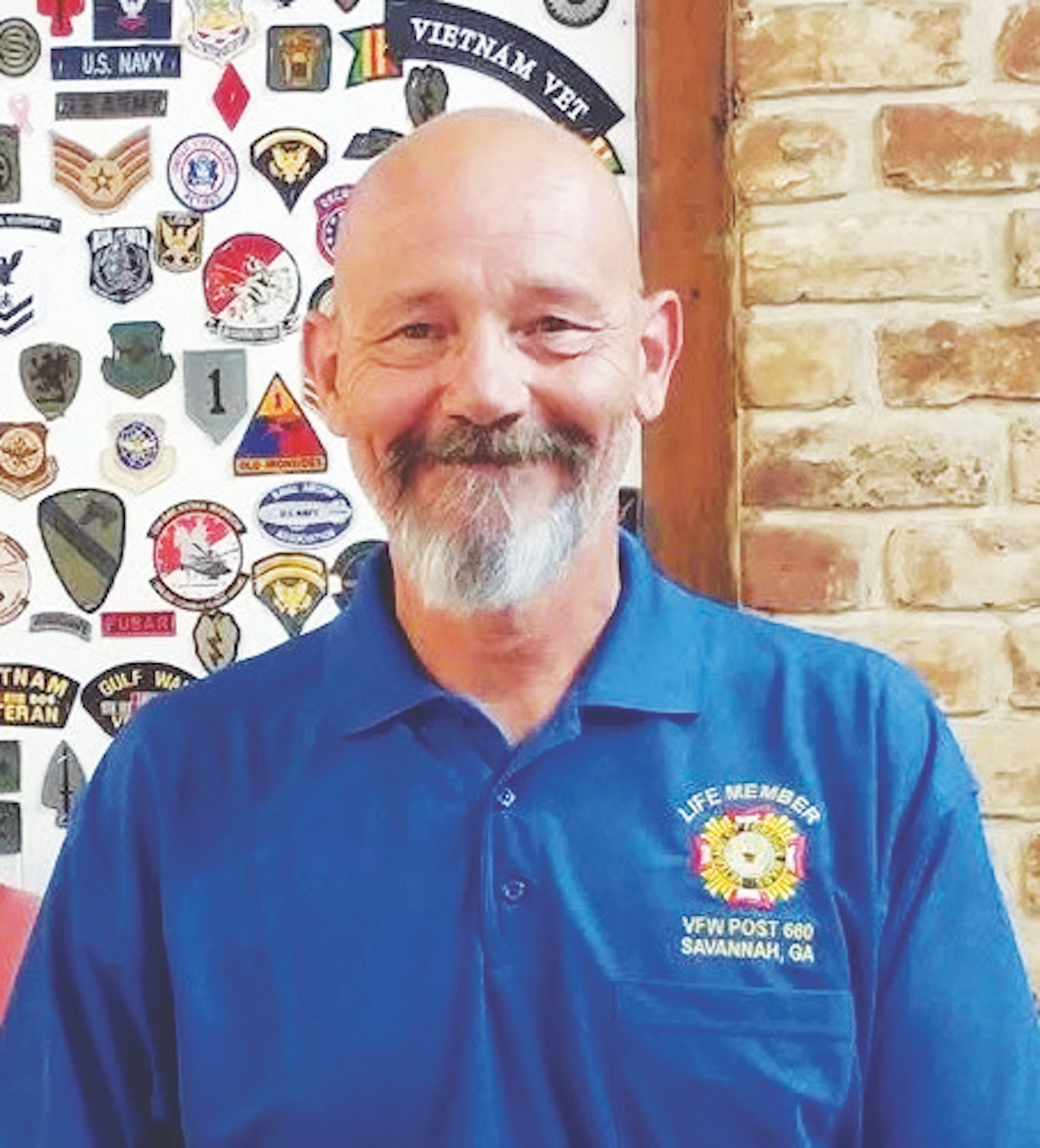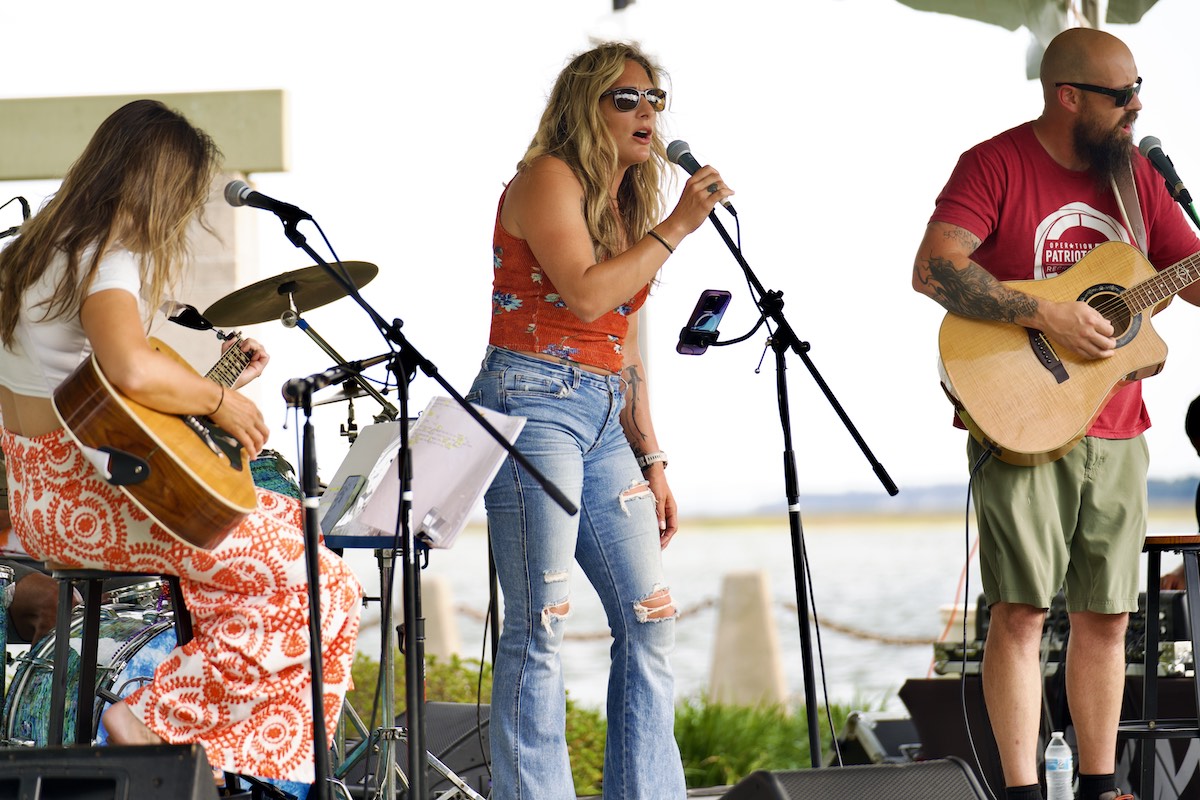A proposed plan by federal fishery managers to privatize ownership of the snapper-grouper fishery from North Carolina to Key West, Florida by taking fishermen’s historical landings and converting them into “catch shares” of the fishery that can be bought and sold like a commodity on Wall Street is being blasted by an advocacy group for commercial and recreational fishermen.

The South Atlantic Fishery Management Council, which is responsible for the management of federal fisheries in the Atlantic off the southeastern states, has proposed the controversial programs for commercial and charter boats in its long-range management plan for the snapper-grouper fishery called the Vision Project. Public hearings on the plan start this week.
“Studies have shown that catch share programs provide no biological benefit to fisheries and hurt fishing communities by destroying jobs. These programs tend to benefit large corporate fleets that can buy up shares and hurt small fishermen who cannot,” Council for Sustainable Fishing Executive Director Tom Swatzel said. “Fishermen from all sectors have made it very clear to the SAFMC that they overwhelmingly oppose private ownership of the fishery. The fishery council needs to listen to these fishermen as promised.”
The SAFMC launched the Vision Project last year by conducting 26 “port meetings” throughout the region seeking fishery stakeholder input into the project, stating that the project would be “stakeholder-driven.”
The SAFMC has acknowledged the meetings produced overwhelming opposition to catch shares, but decided to include them in the plan anyway.
Swatzel, a former SAFMC member, says he’s disappointed at the fishery council’s unwillingness to listen to fishermen’s opposition to catch shares, which has been longstanding.
“Prior SAFMC efforts in 2011 to implement catch shares for the snapper-grouper fishery were met with overwhelming opposition and had to be withdrawn, so the fishery council should know better. They need to honor their promise of a stakeholder-driven plan and stop efforts to privatize the fishery. The SAFMC’s credibility is at stake,” Swatzel said. “This plan is supposed to be driven by fishery stakeholders, not special interest groups like the Environmental Defense Fund, which has spent millions lobbying for catch shares.”
Swatzel says the SAFMC has purposely not used the controversial phrase “catch shares” in the plan, but instead has used less understood terminology for catch shares such as “sector share management system,” “individual quota management system,” “individual quota programs,” “sector share programs/cooperatives,” “individual quotas,” and “allocations by permit.”
“It’s very troubling the SAFMC would resort to using code-speak for catch shares instead of being up front with fishermen about the fact that catch share programs are indeed in the plan,” Swatzel said.
Catch share programs in New England and California have been called “failures” in media reports. According to the San Luis Obispo, CA Tribune, the director of the Morro Bay Commercial Fishermen’s Organization said “‘The catch share system is probably the worst thing that ever happened to the fishing industry.’”
Studies and reports by the Lenfest Ocean Program, Center for Investigative Reporting, and Food and Water Watch say that catch share programs provide no biological benefit to fisheries.
“It would be one thing if catch shares improved fishery sustainability, but they don’t. The net effect of catch shares is to reallocate fish from small fishermen to large, reducing jobs and in many cases the availability of fresh catch in local markets,” Swatzel said. “Catch share programs for charter boats will reduce availability, hurting fishing destinations.”
Swatzel says other measures in the plan such as requiring electronic tracking devices for all fishing boats and more closed fishing areas are widely opposed by fishermen and should be dropped by the SAFMC.
The Council for Sustainable Fishing is a nonprofit organization that advocates optimizing and sustaining fishing opportunities for commercial and recreational fishermen in South Atlantic region. The CFSF website is Sustainablefishing.org.






